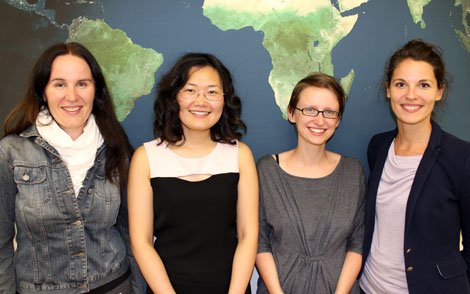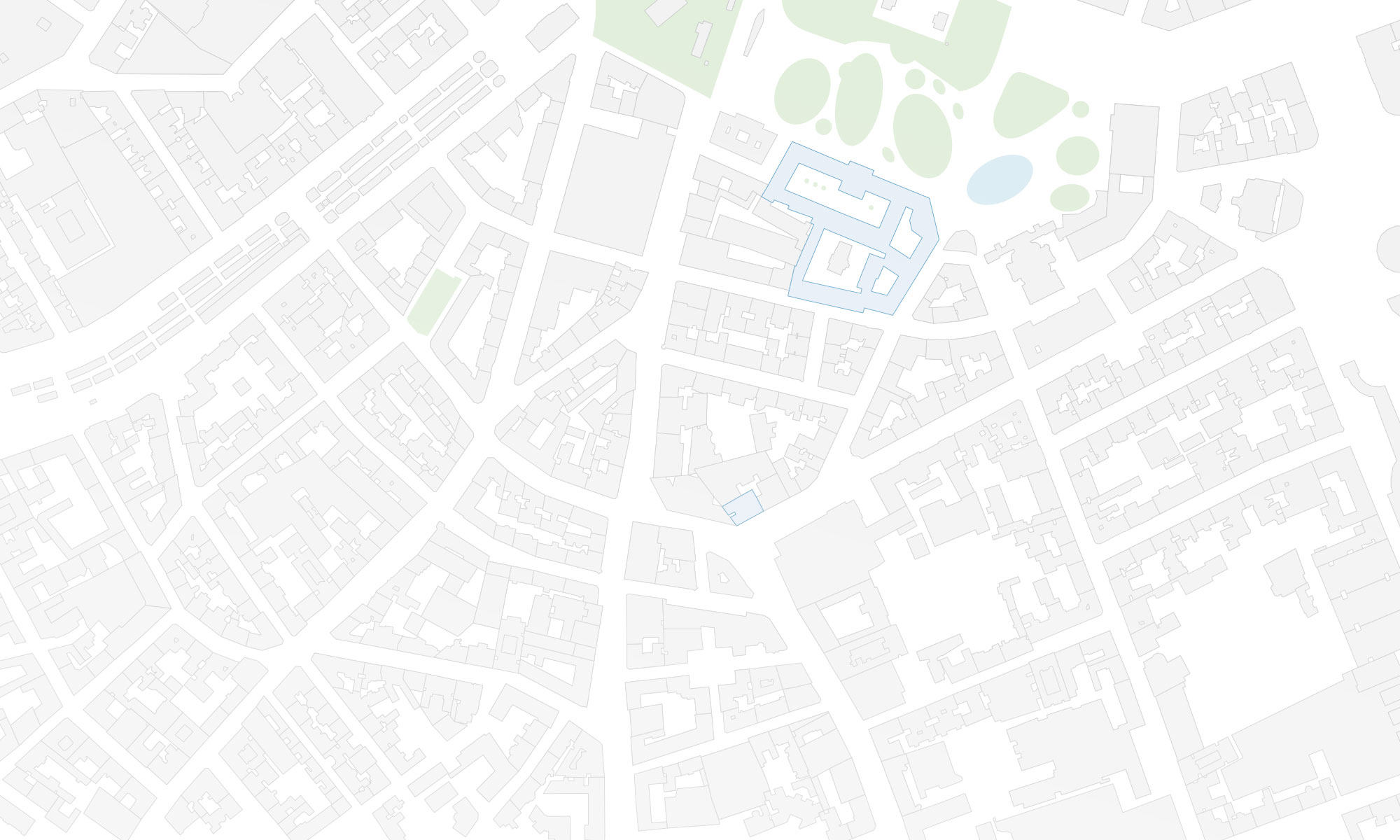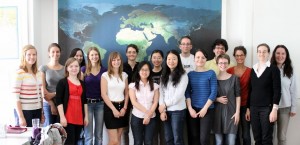
We are happy to welcome Yuwei Lin of the University of Salford, UK, to our colloquium CartoTalks.
Demystifying the relationships between women and maps
Too often, articles with headlines such as “Why women cannot read maps and men lose their keys” appear in the news. Pseudoscience or not, these instances suggest that maps are definitely socio-technical artefacts, shaped by (and also shaping) creators and consumers’ behaviours and (inter)actions, embodying certain ideologies and identities and ideologies.
In this talk, Dr Lin will draw on feminist theorising and Science and Technology Studies (STS) to exemplify how gender is explicitly or implicitly embedded in innovation and design of a technical service or a product, and to highlight the importance of improving our understandings of specific, culturally, politically, socially and materially embodied identities, epistemologies, and practices that make up technical systems.
She will also share her ongoing research on gender and free/libre open source software (FLOSS) to respond the growing interest in open source technologies and crowd sourced data in cartography. Her participatory observation and interventions at some events and online groups will demonstrate how women actively engage with free/libre open source software and how different dimensions of engagement and assemblages of social and material practices shape innovation or uses of technologies. Methodologies and social research methods will also be discussed in this part.
Overall, this talk should shed light on socio-technical dynamics and influences of crowd sourcing in an open innovation system.
Wednesday, September 12 2012, 3 pm
Seminar room 126
Research Group Cartography
Erzherzog-Johann-Platz 1, 1040 Wien
For registration and questions, please contact Silvia Klettner.
For childcare, please contact us before September 7.
Be welcome!
This talk is organized in cooperation with Salzburg Research as part of the fem2map project. fem2map is funded by the Austrian Ministry for Transport, Innovation and Technology (BMVIT) within the structural research programme FEMtech-fFORTE.
This post was automatically fetched from geo.tuwien.ac.at. Please find the original here.



 The
The